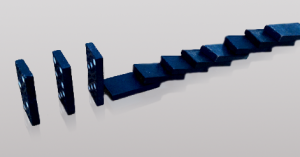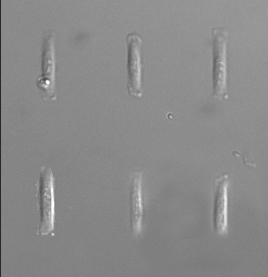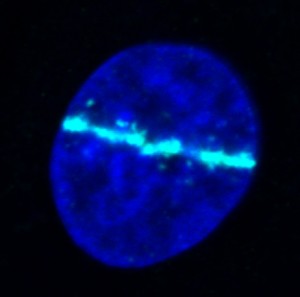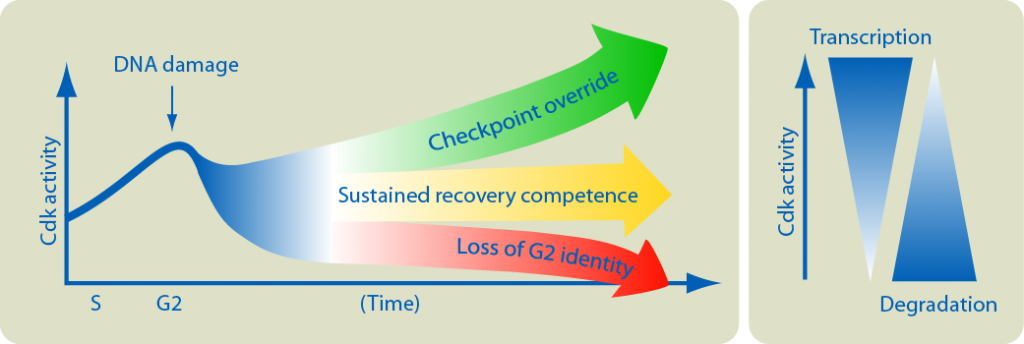We are interested in how the human cell cycle is regulated, especially in the context of stress to cells. The cell cycle is driven by periodic fluctuations in protein levels and enzyme activities. These fluctuations are coupled together, in analogy to a set of falling domino bricks. When a set of domino bricks are falling, the movement can only go in one direction and once started, it is bound to continue until the last brick has fallen. However, if you artificially block the movement, for example by removing a brick that is about to fall, you need to actively push on the next brick to re-start the movement. Similarly, the cell cycle is interrupted by the presence of DNA-damage. When the damage is repaired, cell cycle proteins that normally are redundant become essential to re-start cell cycle progression. At the same time, some cell cycle activities need to be present throughout a DNA-damage response to retain a cells ability to later re-start. We have three main lines of research to study the molecular regulation of the cell cycle and how DNA-damage and cell cycle signaling affect each other:



